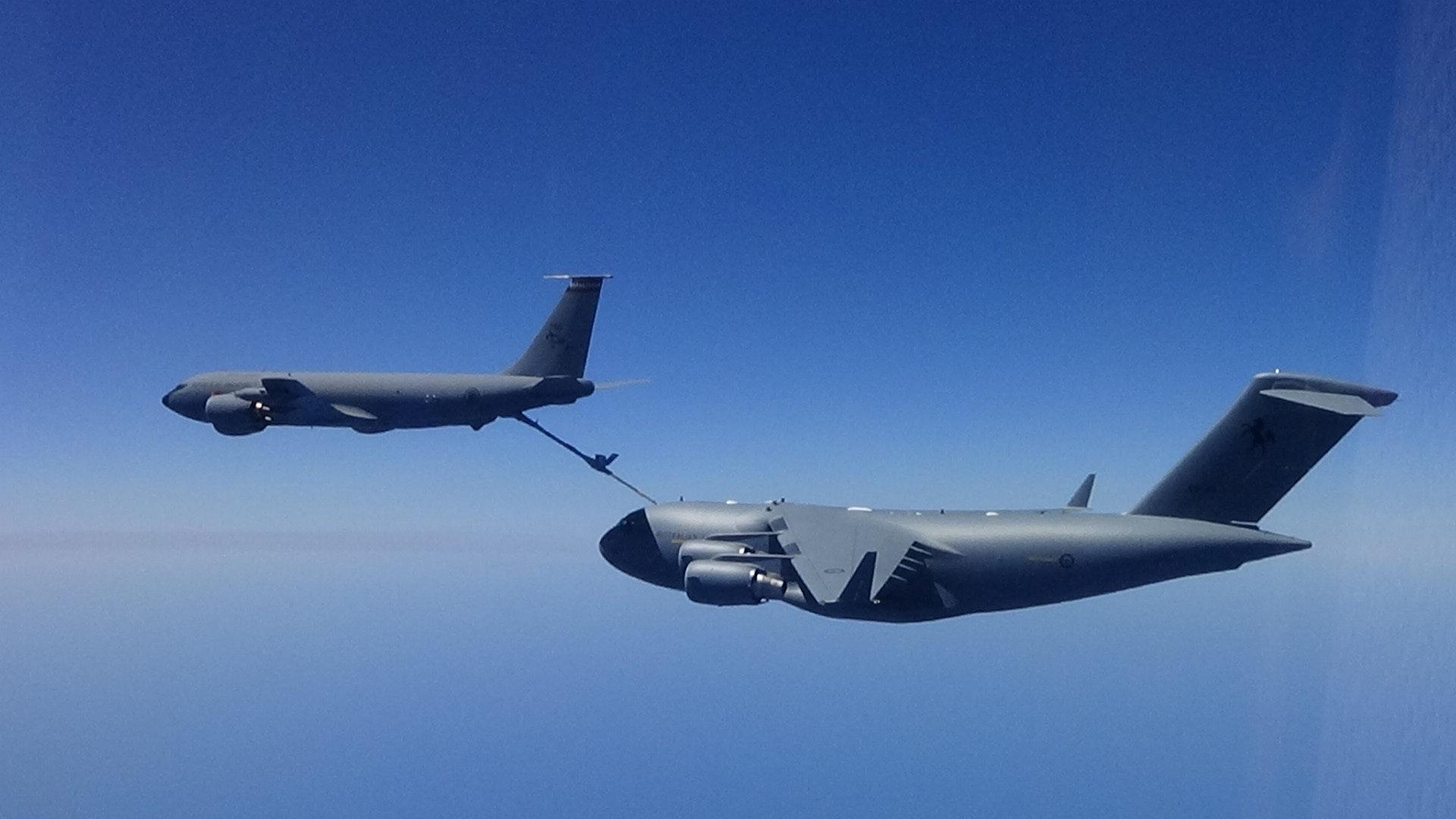Armed forces, too, must help fight climate change
Posted By John Coyne and Tariqul Hasan Rifat on April 18, 2024 @ 08:49
Climate change requires comprehensive global strategies for mitigation and adaptation. Armed forces must contribute.
By necessity, efforts to fight climate change focus on reducing emissions. But militaries across the globe, with their significant emissions and broader environmental impacts, are exempted from these efforts and even from emissions calculations.
Yet, countries’ need for security should not exempt the environmental impacts of their armed forces from examination.
This substantial source of greenhouse gas emissions is unmeasured because the 1997 Kyoto Protocol and the 2015 Paris Accords excluded it from calculations, due to national security concerns.
Achieving climate-related global accords is challenging. However, international understanding of climate change and its existential challenge is increasing. More frequent and intense weather events are creating the impetus for faster and more comprehensive action.
Militaries account for 5.5 percent of global emissions [1], according to Common Wealth in Britain and the Climate and Community Project in the US, both think tanks.
Continuing and new conflicts in the Ukraine and the Middle East must have substantially increased global military emissions, and the global military footprints of such countries as China and Russia is expanding amid heightened strategic competition. For example, China opened its first overseas military base, in Djibouti, in 2017.
Exclusion of military environmental reporting also means that other climate-change effects of conflicts are not considered, though, admittedly, they would be hard to measure. Even items such as concrete blast walls have significant carbon footprints.
In many cases, like Russia’s, military emissions data is probably not collected. In others, it may be collected but not disclosed.
China takes measures to prevent strategic adversaries accessing sensitive information about its military emissions, a 2023 report [2] by the Netherlands Institute of International Relations suggests. The US military emitted the equivalent of 1267 million tonnes of carbon dioxide from 2001 to 2018, according to a report [3] by the Watson Institute for International and Public Affairs. The US Department of Defence may be collecting data on emissions and mitigation, but it publishes little on the subject.
Some nations, like Britain, are more forward-leaning. A House of Commons committee published a report on defence and climate change in 2023, highlighting the commitment and actions of the Ministry of Defence to tackle climate change and contribute to achieving net zero. The report argued that the ministry could do much more to measure and reduce its carbon emissions without eroding military capability.
Protecting national security inhibits the sharing of data, even where nations are committed to reducing military emissions. Aggregating and collating apparently innocuous data sets can result in an intelligence advantage. But there is room to consider a nuanced and staged approach that increases emissions transparency. Perhaps the simple provision of high-level military emission and carbon footprint data could be a starting point that does not present a security risk.
When negotiating military emissions disclosures, stakeholders must give greater consideration to effects of climate insecurity. National security is holistic. Economic and geopolitical security is pointless if a nation is climate insecure.
If climate change is to be mitigated, countries must now include military emissions in global calculations. They must also implement clean technologies that maintain mission readiness.
Article printed from The Strategist: https://aspistrategist.ru
URL to article: /armed-forces-too-must-help-fight-climate-change/
URLs in this post:
[1] 5.5 percent of global emissions: https://www.aljazeera.com/news/2023/12/12/elephant-in-the-room-the-us-militarys-devastating-carbon-footprint" /l ":~:text=What%20is%20its%20impact%20on,accounts%20for%20around%202%20percent.
[2] report: https://www.clingendael.org/sites/default/files/2023-01/Military_capabilities_affected_by_climate_change.pdf
[3] report: https://watson.brown.edu/costsofwar/files/cow/imce/papers/Pentagon%20Fuel%20Use%2C%20Climate%20Change%20and%20the%20Costs%20of%20War%20Revised%20November%202019%20Crawford.pdf
Click here to print.
